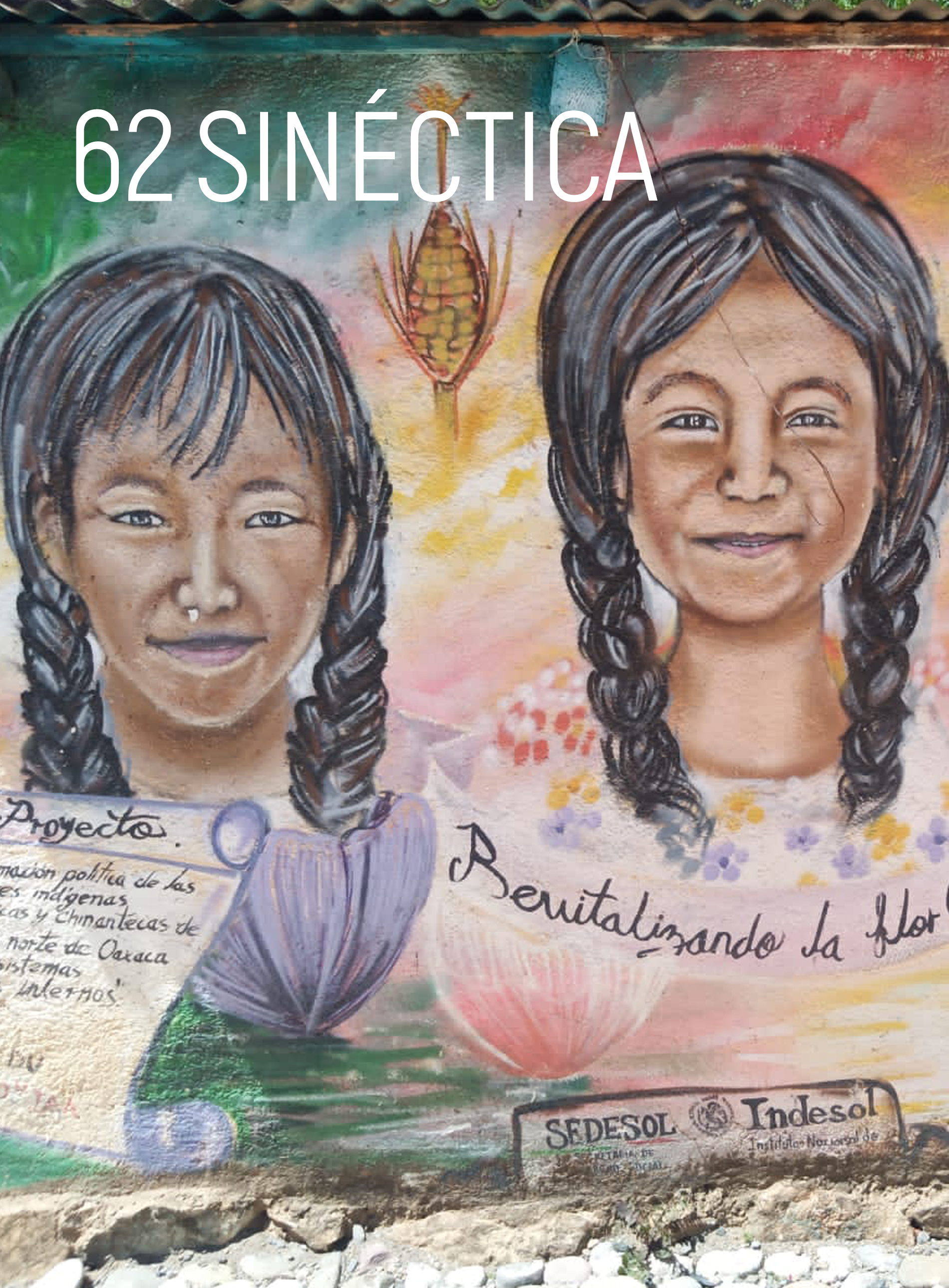Education reform in Mexico: neo-liberalism, 'schizophrenia' and the ethical challenge within the agendas for educational change
Palavras-chave:
education reform, Mexico, teacher quality discourse, ethics of the care of self, teacher transformation, teacher educationResumo
This article attempts to place the Mexican education reform signed into law in 2013 within the context of a global neo-liberal teacher quality discourse. The schizoid nature of neo-liberal reform is singled out as particularly problematic and relevant to the Mexican case in which teachers are simultaneously positioned as responsible, autonomous professionals capable of leading educational change, and as a collective body in need of ‘policing’ through evaluation. It is argued that the tensions and ambiguities of this situation, and the coercive component of evaluation, means that substantive educational change through teacher transformation cannot be guaranteed, and that adaptation and simulation among teachers is a more probable outcome. Given this situation I argue that we need to foresee the reform’s failure ‘on the ground’ and to start looking for approaches to teacher development and change that go beyond the traditionally technical approach to teacher training by wholeheartedly embracing the ethical component of teacher experience. Consequently, I argue, research in Mexico needs to be bringing ‘real-life’ teacher experience to the forefront of the educational debate and working hard to develop, document and position alternative approaches to teacher education that engage the whole teacher (heart, body, mind and spirit) in a radical reappraisal of what teaching and learning might come to mean for themselves and their students.
Downloads
Downloads
Publicado
Edição
Seção
Licença

Esta obra está sob uma Licença Creative Commons Atribuição-Não Comercial 4.0 Internacional.
Os autores que publicam em Sinéctica estão de acordo com os seguintes termos:
Os autores guardam os direitos autorais e cedem à revista o direito de primeira publicação da obra autorizada simultaneamente sob uma licença de atribuição de Creative Commons, que permite a outros compartilharem o trabalho, sempre que se reconheça tanto a autoria da obra como a publicação inicial nesta revista.
Os autores podem fazer acordos contratuais adicionais separadamente para a distribuição não exclusiva da versão publicada da revista (por exemplo, publicá-la em um armazenamento de dados institucional ou em um livro), com o reconhecimento de sua publicação inicial nesta revista.
É permitido aos autores publicarem seu trabalho em armazenamento de dados institucionais ou em seu próprio website antes e durante o procedimento de envio, pois isso pode gerar intercâmbios produtivos, assim como uma citação anterior e maior do trabalho publicado.
Nota explicativa: A partir de 2017, Sinéctica se rege com base na Licença Creative
Commons Atribuição-Não Comercial 4.0 Internacional, versão que contempla as licenças a nível internacional.
Os artigos de 1992 a 2016 estão sob uma Licença de Creative Commons Reconhecimento-Não Comercial -Sem Obra Derivada 4.0 Internacional, que permite compartir e distribuir uma obra sem fins comerciais e com reconhecimento do autor, mas proíbe modificar a criação original.




















